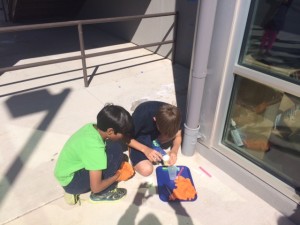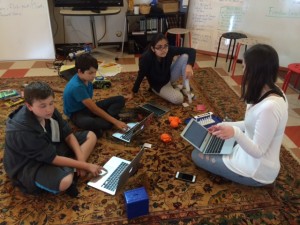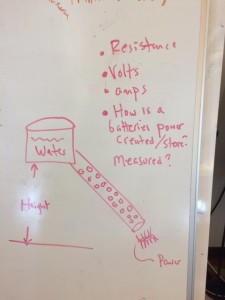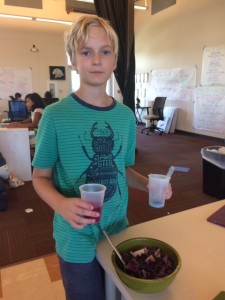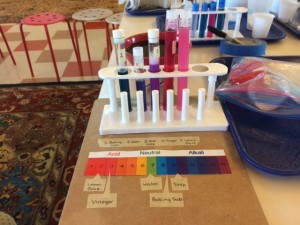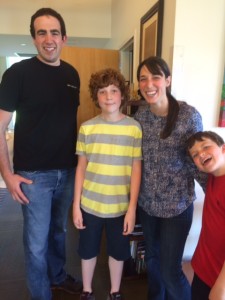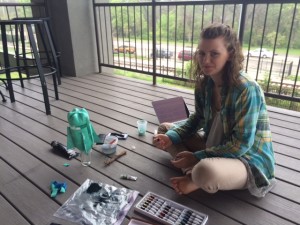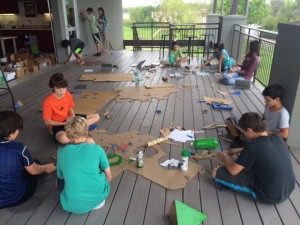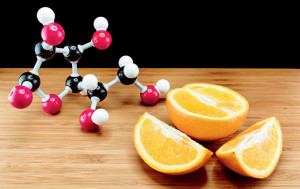For the last few weeks, Eagles have been hard at work on the Chemistry and Rocket Quest.
First, experimenting with different chemical reactions and fuel combinations to find a combination with the most explosive power and a proper safety delay. In essence, using equations and trial and error to gain a deeper understanding of reaction rates.
Not too complicated, until you realize the final objective was to find the fuel with the lowest cost per foot of height gained – which means Eagles had to factor in the changing market prices of chemicals.
Next, Eagles used potatoes, limes, lemons, batteries and LED’s to design a lighting system for the Launchpad. Again, cost trade offs mattered because the system with the lowest cost system per LED won. By the end of the day, Eagles were making deep connections between electricity and economics.
Environmental conditions came next. Eagles juggled thermodynamics, temperature and heat to unravel how exothermic and endothermic reactions might impact the launch, then investigated their rocket’s impact on the environment by building a homemade pH meter.
In between, we hosted a visit from a real Space X Rocket engineer, who described the difficulties and challenges of preparing for reliable and efficient space transport.
And finally this week, we shifted to testing the “big rockets,” while Eagles complete their space station designs, continue work building models of their space stations and prepare the fuel that will launch their rocket high enough to win the contest.
Time to start the countdown.
